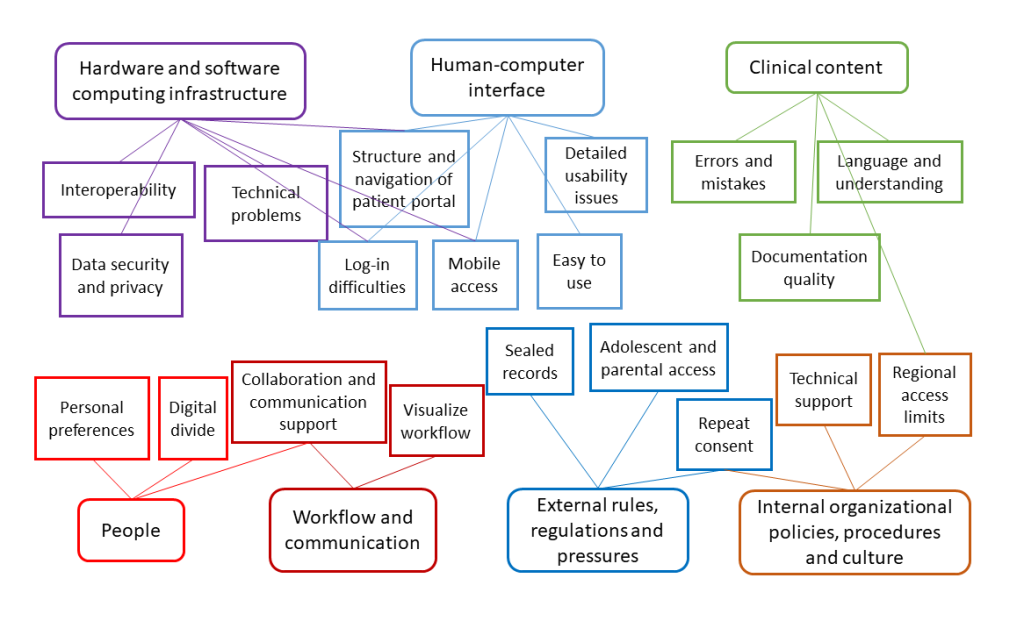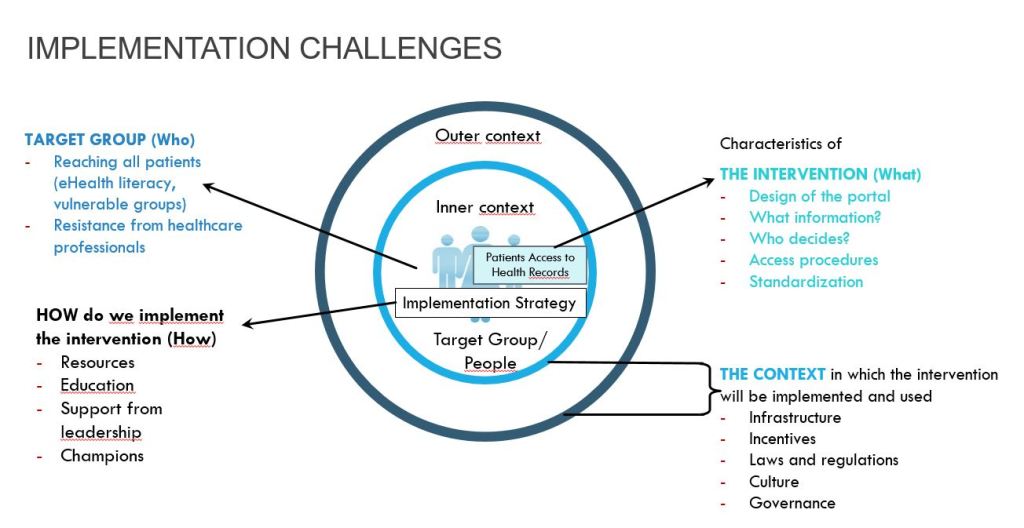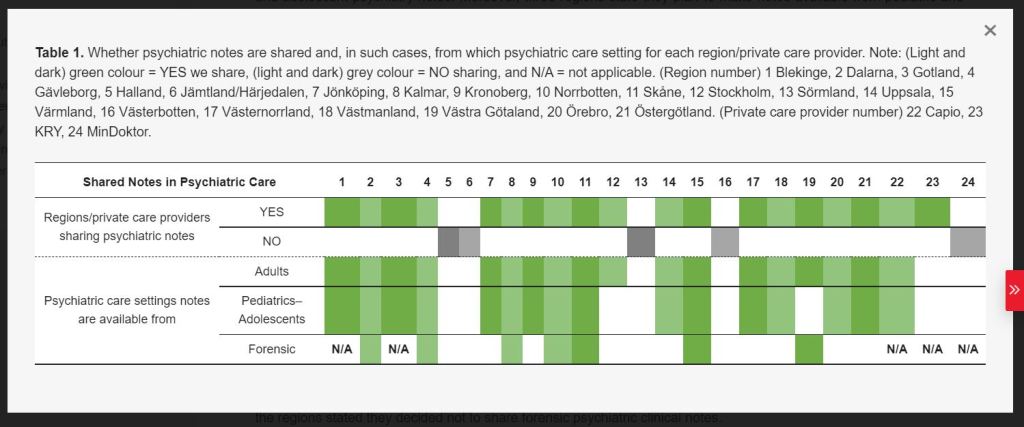I’m so excited to share that we have been granted funding from the Swedish Research Council (VR) for a 3-year project aiming to explore how we can use patients’ online record access to find and address documentation errors that could lead to patient safety issues and harm. I will be the project lead, and collaborate with Anna Kharko, Charlotte Blease, and Sara Riggare. This is a dream project for me!
The project is a continuation of the NORDeHEALTH research project. Patients often find errors or missing information in their online health records, but few choose to address this with their healthcare providers. This is confirmed in the NORDeHEALTH 2022 patient survey. In this new project, we want to make it easier for patients to have an active role in patient safety work, without increasing the workload for healthcare professionals. The project will study how patients have used a previously available function in the Swedish patient portal to comment in the record to report errors, and to explore patients’ and healthcare professionals’ views on and preferences for patients reporting documentation errors. The project will also look to the future by proposing an innovative framework for how patient portals can be developed to enable patients to actively contribute to documentation quality.
The project will start 1st of January 2023, and our first study will be analysing the comments patients have previously made on notes in their records. The ethical approval is ready, and we are just waiting for access to the data. Fingers crossed we will get this soon!



